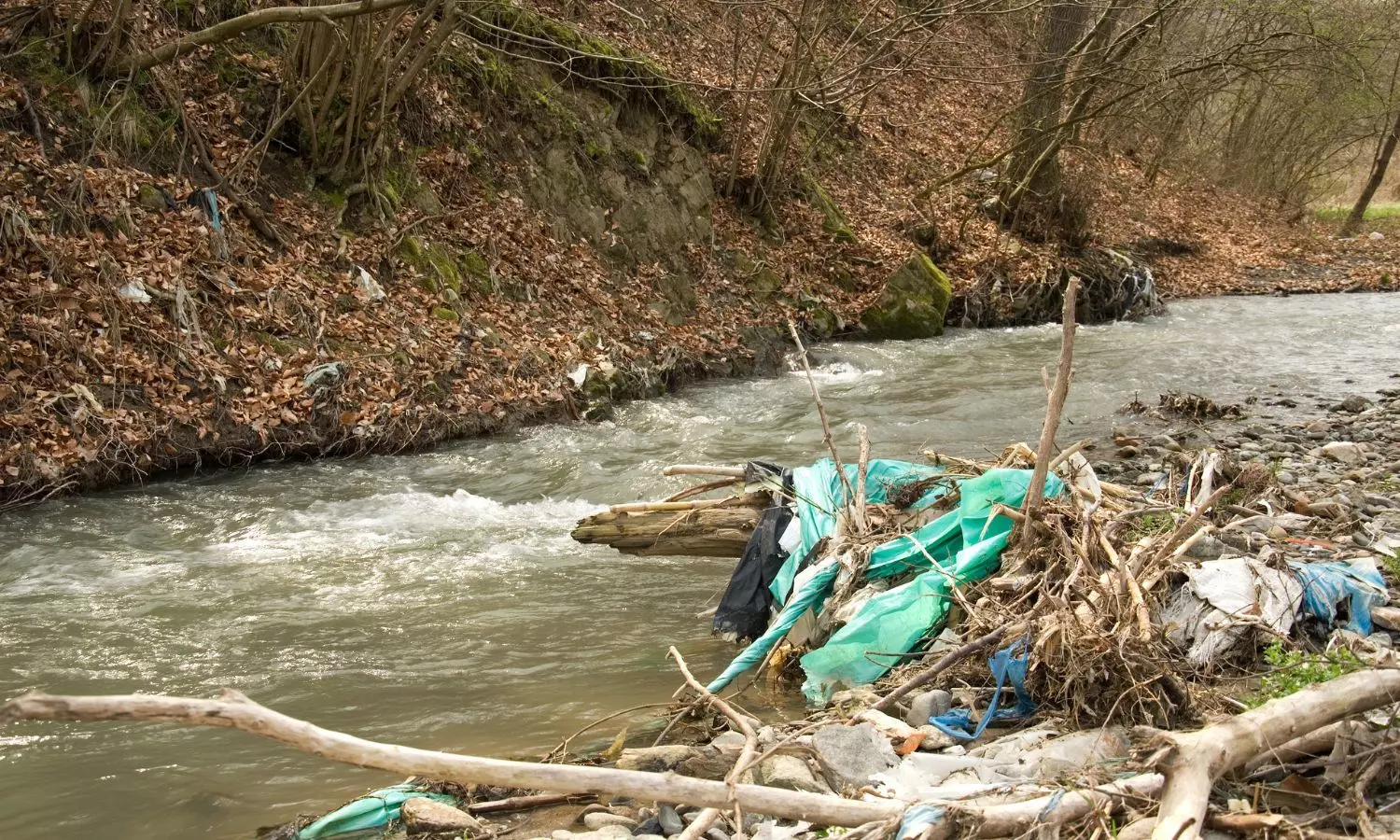8,500 Tonnes of Human Antibiotics Are Polluting Rivers Worldwide: Study

New Delhi: A new international study led by researchers at McGill University has revealed that approximately 8,500 tons of antibiotics — nearly one-third of the total amount consumed by humans each year — are making their way into the world’s river systems. The findings raise significant concerns about the environmental and public health impacts of antibiotic contamination in aquatic ecosystems.
Published in the journal PNAS Nexus, the study is the first global estimate of river contamination stemming solely from human use of antibiotics. Using a sophisticated model validated by real-world data collected from nearly 900 river locations worldwide, the researchers were able to quantify the extent of this environmental threat.
“Although the concentrations of individual antibiotic residues in rivers are typically very low and difficult to detect, the chronic and cumulative exposure of these substances in the environment poses real risks to both human health and aquatic life,” said Heloisa Ehalt Macedo, a postdoctoral fellow in geography at McGill University and the lead author of the study.
The research highlighted that amoxicillin — the most widely used antibiotic globally — is among the most frequently found in rivers at levels considered hazardous. The issue is particularly pronounced in Southeast Asia, where increased antibiotic consumption and limited wastewater treatment infrastructure contribute to elevated contamination risks.
According to Bernhard Lehner, co-author and professor of global hydrology at McGill, the study underlines that while antibiotics are vital for human health, their environmental impacts are not being adequately addressed. “There are clearly unintended consequences of widespread antibiotic use that extend beyond human medicine,” he noted.
Importantly, the study only considered antibiotics derived from human consumption and did not factor in pollution from livestock agriculture or pharmaceutical manufacturing, both of which are known to be major contributors to environmental antibiotic contamination.
“Our results suggest that even without accounting for veterinary and industrial sources, antibiotic pollution from human use alone is already a critical concern,” said Jim Nicell, an environmental engineering professor at McGill and co-author of the study.
The researchers emphasized the urgent need for comprehensive monitoring programs and management strategies to detect and mitigate the presence of antibiotics and other pharmaceuticals in waterways. They argue that addressing this issue is essential not only for protecting aquatic ecosystems but also for curbing the global spread of antibiotic resistance.


